
About us
NanoSanguis is an unique niche where the advanced science meets practical application experience and professional business. The company has its origin in Warsaw University of Technology – the cluster of excellence in polish innovative commercialization. We have started as a team of PhD candidates developing technology of oxygen therapeutics. In December 2015, together with two VC capitals – Start Venture Poland and Giza Polish Ventures, we founded NanoSanguis to bring to the market first safe and effective red blood cell substitute.

Mission

Strategy
Technology
Despite of the fact that donor blood transfusions saved many lives, they still have not overcame serious problems. The short shelf life seems to be the most critical. 1.3 million pints of donated blood spoil every year since blood only has a 40 day shelf life. In NanoSanguis we developed the technology for producing synthetic oxygen carrier which is stable for at least one year of storage. Our blood substitute is based on full physiological, buffered fluid composed of balanced minerals compatible with human organism enriched with the source of energy and biomimic microcapsules containing oxygen.
Read more...
The oxygen therapeutic produced by our team has unique features:
-
nontoxic and bio-inert properties (it does not interfere in metabolic and enzymatic pathways),
-
effective oxygen transport capacity (it can carry several times more oxygen per cubic centimeter than blood, and load/unload oxygen 2 times faster than hemoglobin),
-
unlimited manufacturing capabilities,
-
compatible with all blood types.
Since our product is synthesized in sterile laboratory conditions it can challenge other disadvantage of natural blood – risk of viruses infections. It is critical issue especially in Africa, where in 2004, about 1.2 million units of blood were collected from donors who are considered at high risk for transmitting HIV, hepatitis B or hepatitis C. Moreover, our artificial blood substitute can overcome the ethical issues and religious obstacles connected with natural blood transfusions.
In NanoSanguis we have also recognized another great field of potential application of our oxygen carrier- the transport of organs for transplantation. There is a huge need of improving the organs transport systems. Because of non physiological conditions of transport, often transplantation end with organ failure. Especially in countries where the distances between hospitals and cities are big and the transport lasts hours (U.S.), this problem seems to be crucial. In NanoSanguis we want to apply our oxygen therapeutic to organ transport systems not only to provide the physiological conditions but also to give to the organ the ability for regeneration before transplant.
Our team
OUR MANAGEMENT TEAM HAS ALL THE NECESSARY COMPETENCES TO SUCCEED
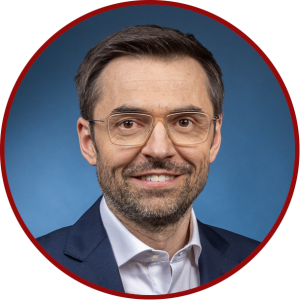
Przemysław Mazurek
President

Piotr Mierzejewski
Member of the Board
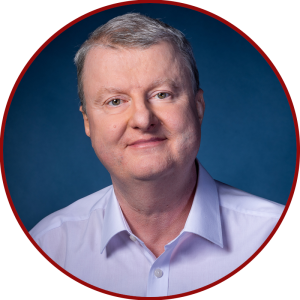
Tomasz Ciach
Member of the Board
What we do?
Why?
Effects
Partners
OUR PROJECTS ENGAGE KEY OPINION LEADERS IN THE AREA OF TRANSPLANTOLOGY IN POLAND
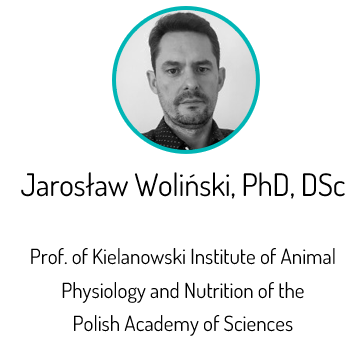
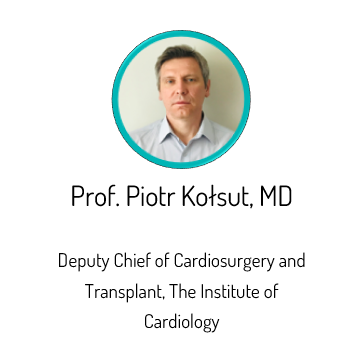
OUR STUDIES ARE CONDUCTED IN SPECIALIZED RESEARCH INSTITUTIONS
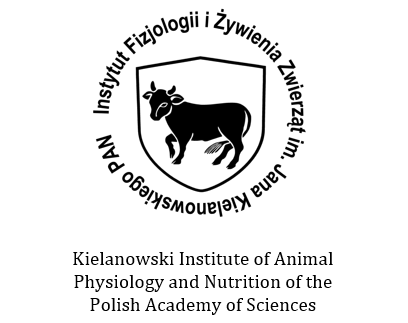
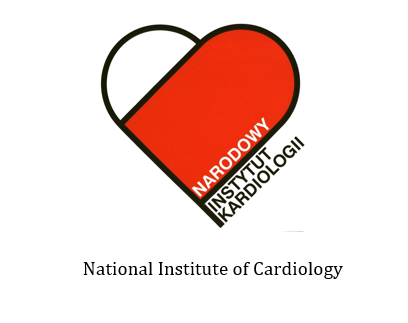
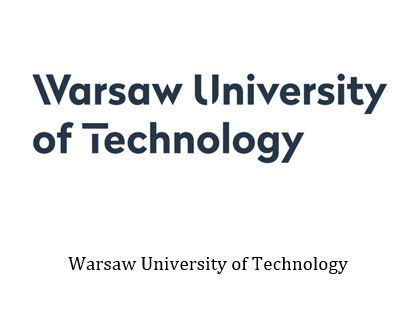
SOME OF OUR SUPPORTERS
GRANT FOR EUROGRANTS
Project financed by the Polish Agency for Enterprise Development under the Smart Growth Operational Programme 2014-2020.

EuroNanoMed III
Project “Nanoporous-Membranes for Intrathecal (Pseudo)Delivery of Drugs (INTREPIDUS)” co-financed by the National Centre for Research and Development under the EuroNanoMed III Joint Transnational Call for Proposal (2020) for „European Innovative Research & Technological Development Projects in Nanmedicine”
EuroNanoMed III
Project “Nanosystems conjugated with antibody fragments for treating brain infections (TARBRAINFECT)” co-financed by the National Centre for Research and Development under the EuroNanoMed III Joint Transnational Call for Proposal (2018) for „European Innovative Research & Technological Development Projects in Nanmedicine”
GRANTS FOR INNOVATION
Project co-financed by the European Regional Development Fund under the Operational Programme Innovative Economy.


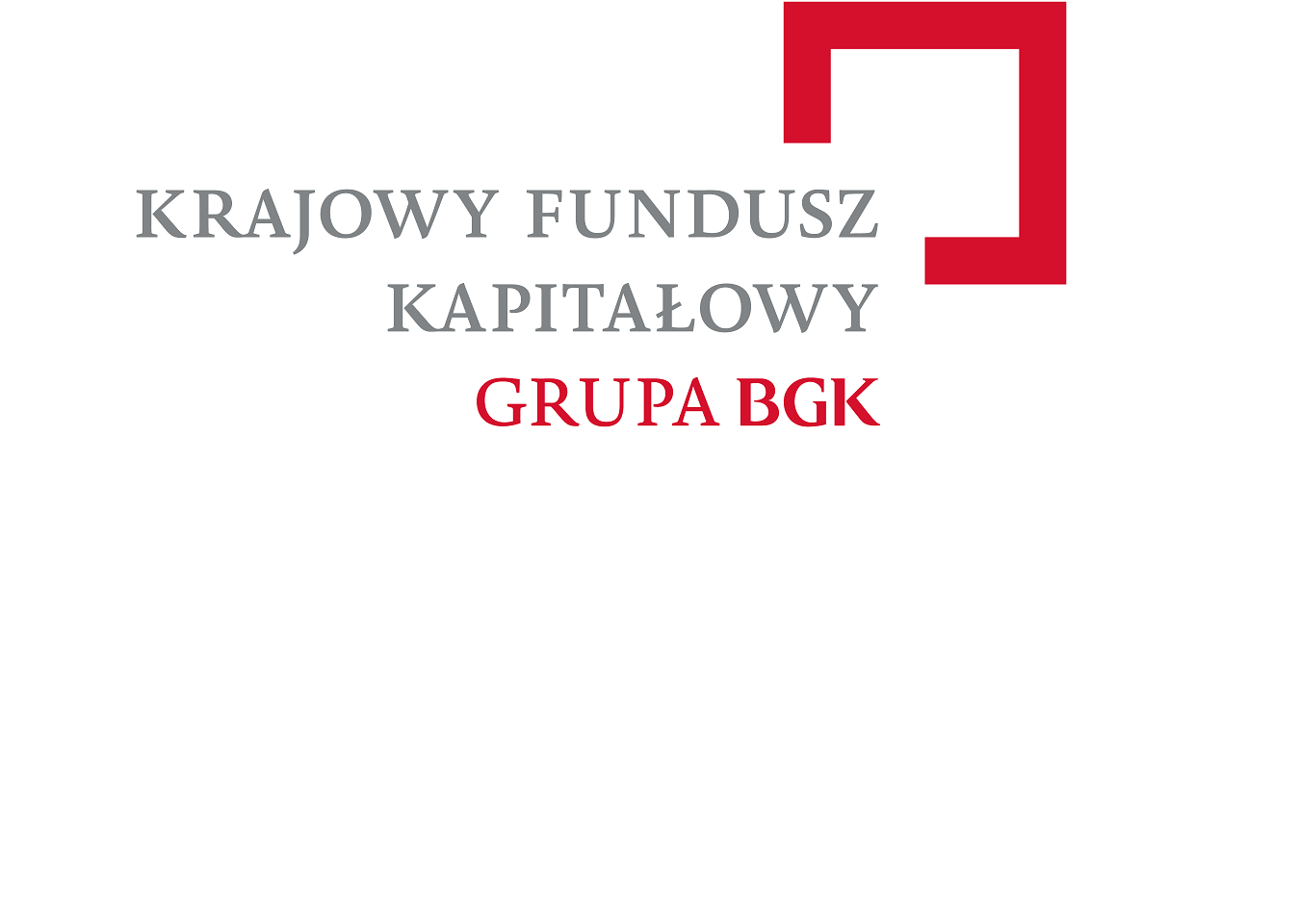

SMART GROWTH OPERATIONAL PROGRAMME 2014-2020
Project “OrganFarm- system for long-term ex vivo organ storage” co-financed by the National Centre for Research and Development under the Smart Growth Operational Programme 2014-2020.

MAZOVIAN REGIONAL OPERATIONAL PROGRAM FOR THE YEARS 2014-2020
Project “„Red Blood Cells Substitute” co-financed by the the European Regional Development Fund under the Mazovian Regional Operational Program for the years 2014-2020.

NanoSanguis S.A. | Rakowiecka 36 | 02-532 Warszawa | Polska
NIP: 7010537389 | Sąd Rejonowy dla m.st. Warszawy XIII Wydział Gospodarczy KRS 595165 | Kapitał zakładowy 3 888 560,00 zł w całości wpłacony







